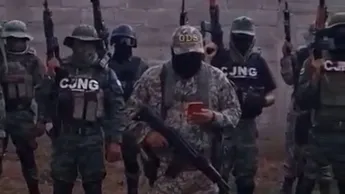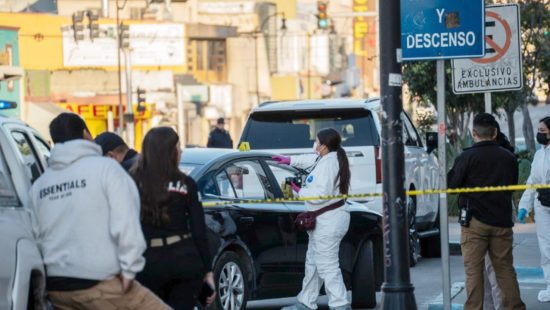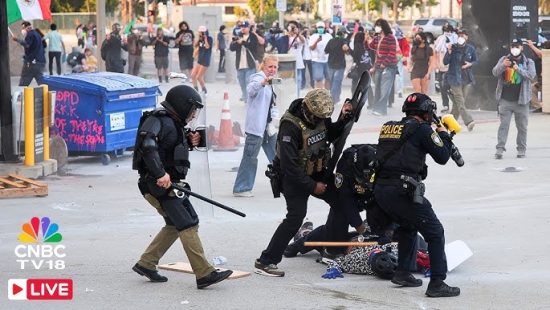US Secretary of State Marco Rubio will be in Mexico this week to discuss a major binational security deal, Mexican officials said.
Rubio’s office said he will travel to Mexico and Ecuador on Sept. 2-4. The purpose is to “advance key U.S. priorities (including) swift and decisive actions to dismantle cartels, halt fentanyl trafficking, (and) end illegal immigration,” among others.
This is the fourth trip Rubio will make to Latin America. A brief statement from his office emphasizes the administration’s commitment to protect U.S. borders, neutralize narco-terrorist threats and foster a broader sharing of the burden in the hemisphere.
The visit comes less than a month after The New York Times reported President Trump signed a secret directive to the Pentagon to use military force against drug cartels in Latin America.
On Friday, Mexican President Claudia Sheinbaum said the new binational security framework does not include U.S. boots on the ground in Mexico.
“They asked to include issues that for us were not acceptable, and we also wanted to add topics that were considered should not be in this document. The agreement we achieved is very good,” Sheinbaum said at a news conference Friday broadcast on social media.
She admitted Trump has insisted on offering U.S. troops to help Mexico put out of business the cartels that have flooded American communities with fentanyl and other illicit drugs for decades.
“They offered more intervention in our country, and we said no,” Sheinbaum said. “We will never sign something that from our perspective violates our sovereignty or our territory. Never. They might have the intent to do it, but we said no, not under that scheme.”
Details about the new Work Program on Security and Law Enforcement are pending.
Law enforcement experts such as retired U.S. Border Patrol Sector Chief Victor M. Manjarrez Jr. says Sheinbaum is walking a fine line between increasing cooperation with the Trump administration and not appearing to her countrymen as if she is doing America’s bidding.
She has already green-lighted the incursion of U.S. spy drones off the Pacific Coast near the bastions of the Sinaloa cartel and, more recently, in areas near Mexico City. A group of Green Berets arrived in the southern state of Chiapas last February to train Mexican marine infantry special operations groups.
Manjarrez emphasizes the posters pose as much of a public safety risk if not more to Mexican residents than they do to Americans who overdose with drugs like fentanyl and die.
Mexico experienced more than 30,000 violent homicides last year, most attributed to organized criminal activity.








